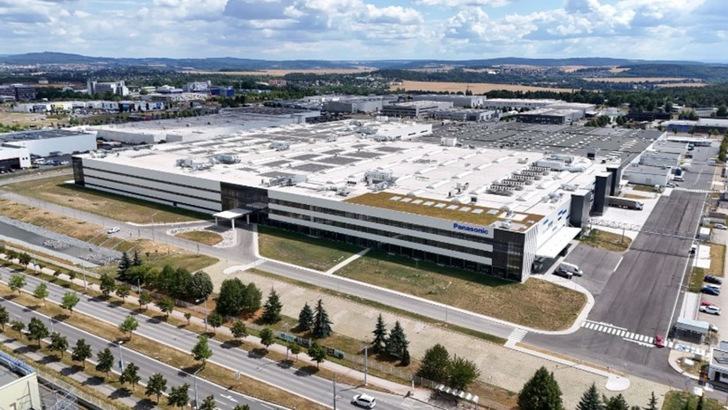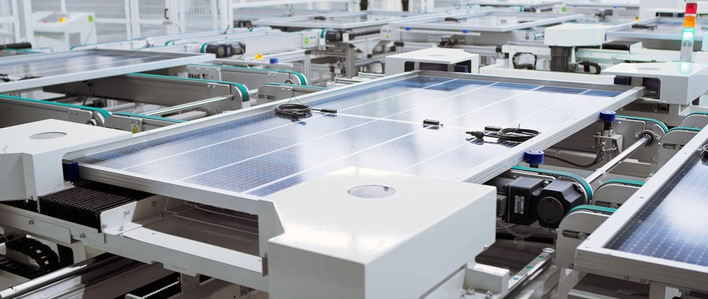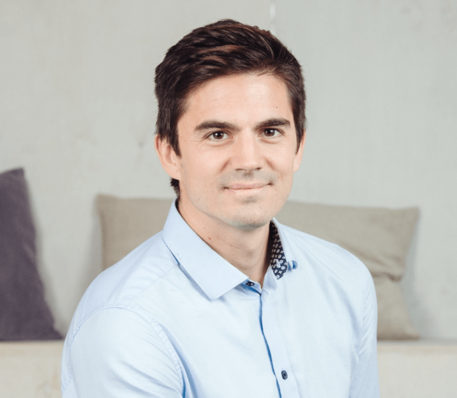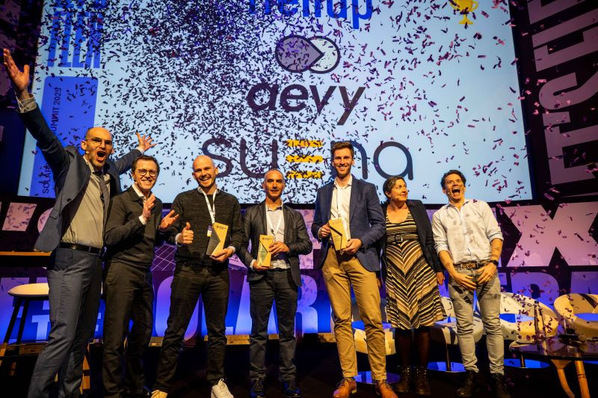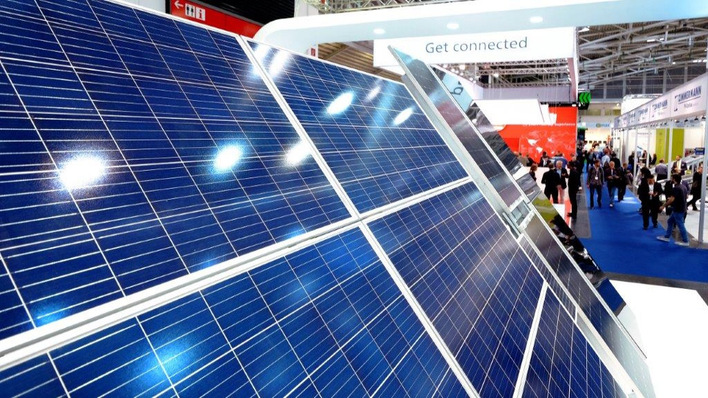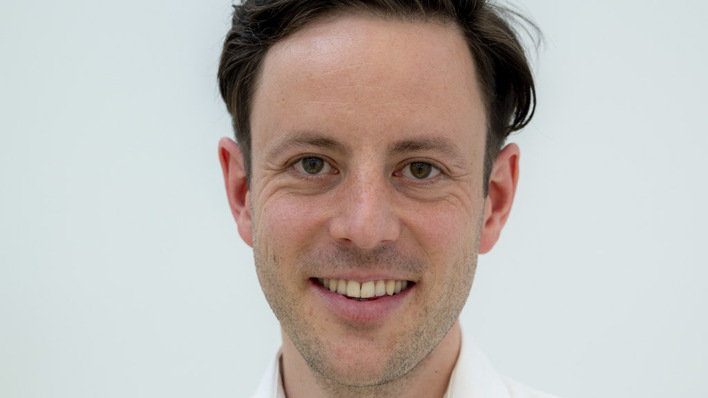Panasonic has inaugurated its fully modernised and expanded heat pump factory in Pilsen, Czech Republic. With an investment of €320 million, the site has grown by 250% to 140,000 m² and will produce up to 1.4 million indoor and outdoor units annually for the European market by 2030.
The relocation of production and R&D to Europe reflects the company’s “Green Impact” strategy: shorter supply chains, reduced CO₂ footprint, and stronger support for Europe’s energy transition.
Panasonic launches Aquarea heat pump for domestic hot water
The facility operates as a “CO₂ Net Zero Factory”, powered by a mix of green energy from its own 1 MW rooftop solar system, heat recovery from fans and compressors, and the purchase of renewable electricity and heating.
Creation of skilled jobs
At the opening ceremony, Czech Prime Minister Petr Fiala highlighted the project’s importance for the competitiveness of Czech industry and the creation of skilled jobs. Tetsumasa Mizuta, Managing Director of Panasonic HVAC CZ, underlined the company’s long-standing regional ties, recalling that Panasonic was the first Japanese company to expand into the Czech Republic.
Paul Kenny, Director General of the European Heat Pump Association, commented: “The heat pump sector strengthens Europe’s energy security, our economy, and our path to decarbonisation by replacing fossil fuel imports with a clean, locally manufactured and locally powered solution.”
PV with heatpumps saves up to 84 % on energy bills
Responding to strong market growth, the new Giga-Factory more than doubled its production output between 2024 and 2025. The European heat pump market was valued at €12.2 billion in 2024 and is expected to exceed €71 billion by 2034 (Global Market Insights).
“Our investment in Pilsen demonstrates both our confidence in market growth and our ability to anticipate and serve future demand,” said Toshikatsu Fukunaga, CEO of Panasonic Heating, Ventilation and Air Conditioning (HVAC) Europe.
High automation
To accelerate maximum production capacity, the Pilsen site has invested heavily in robotics, automation and AI technologies, and is expanding further towards full automation of component manufacturing. Eighty robots and driverless transport systems are already in operation.
In addition, a state-of-the-art research and development centre focusing on next-generation heat pump technologies is being established at the site in cooperation with a local university. The Technical University of Ostrava has fully designed and will build one of the laboratories.
Bosch builds new heat pump production facility in Poland
By 2028, the Pilsen R&D team – working closely with product planning in Japan – aims to manage the entire heat pump development cycle, ensuring end-to-end design and production of air-to-water heat pumps at the site. “Bringing research, development and production together in one location enables us to respond quickly and flexibly to changing market requirements, while also cutting costs through shorter logistics routes,” explained Radek Vach, Business Planning Director.
Green Impact strategy
The Pilsen region will benefit from new high-value jobs and opportunities for local talent. Panasonic’s long-standing collaboration with universities – particularly the University of West Bohemia in Pilsen – supports science and engineering education in the region and offers students practical training.
Pilsen is now Panasonic’s second European Net Zero factory after Cardiff and the 46th worldwide. As part of its Panasonic Green Impact strategy, the company aims to achieve net zero in its own operations globally by 2030 and across the entire value chain by 2050. (hcn)
Subscribe to our next investor newsletter: Cybersecurity risks mount for PV

